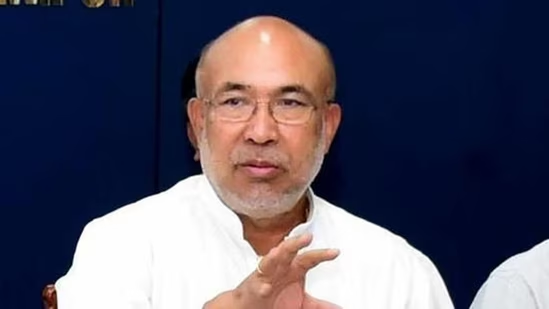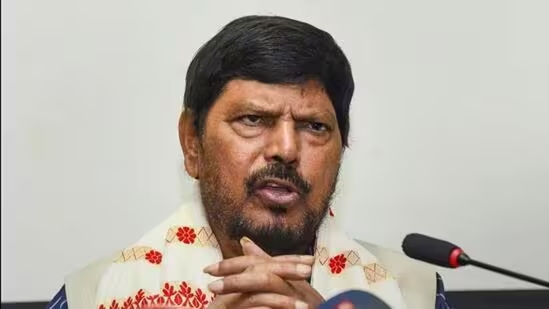Court Upholds Government’s Discretion on Economic Policy, Declines to Overturn Law
The Supreme Court emphasized that governmental authority in policy matters does not entitle it to delay decisions indefinitely.
The Supreme Court directed the Centre to resolve the issue of mineral royalty calculations within two months, following a petition by Kirloskar Ferrous Industries challenging inconsistencies in the MMDR Act.
The bench, led by Chief Justice Dhananjaya Y Chandrachud, acknowledged the policy anomaly in royalty rates for minerals and coal but respected the government’s discretion in economic decisions.
The Centre had already recognized the issue and started public consultations in May 2022. The Court urged the Ministry of Mines to conclude the process within two months.
Court Directs Case to Be Listed in Two Months for Compliance Monitoring
The bench categorically held
“Merely because the Centre has the discretion to make
such policy decisions doesn’t mean it can endlessly prolong the decision-making process,
rendering the discretion meaningless and the issue a forgone conclusion.”
On the pretext of ongoing public consultation process, the Centre
“cannot continue to keep the aforesaid issue in limbo,”
Senior advocate Abhishek Manu Singhvi represented the petitioners,
who were allowed to challenge the final policy decision once the Centre takes it.
He argued that Rule 38 of MCR and Rule 45 of MCDR excluded DMF and NMET payments from royalty computation, causing arbitrary “compounding.”
The company showed that such contributions towards DMF and NMET paid previously were being exempted for coal while computing royalty.
The bench refused to strike down the law and said,
“Matters such as computation of royalty or the levy of such royalty on different minerals is entirely a matter of policy making which is beyond the expertise and domain of the courts.”
These domains require expertise of professionals with specialised knowledge which judges generally lack.
Judicial interference in economic and social policies can disrupt resource redistribution, prioritization, and balancing public needs, risking economic growth.
Courts typically adopt a “hands-off” approach to economic legislation, as complex fiscal issues cannot be resolved by rigid formulas.
The court stated that the legislature should have wide latitude in economic legislation as it reflects government policy.
The court noted that the royalty computation mechanism under Rule 38 of MCR 2016 and Rule 45 of MCDR 2017 may burden mining leaseholders financially.
This Court in the absence of anything to show that such policy is in excess of the powers or domain of the respondents herein or in breach of any statutory provision, cannot strike down the same.”
The court concluded that the legislature should have more flexibility in deciding royalty computations due to economic policy complexities.










